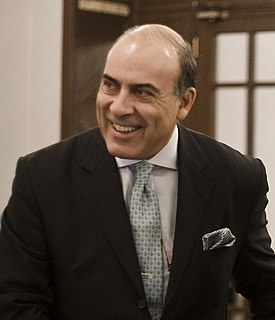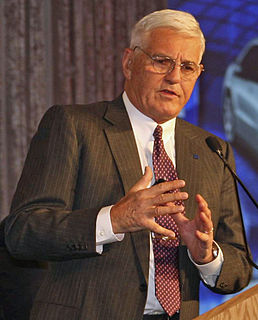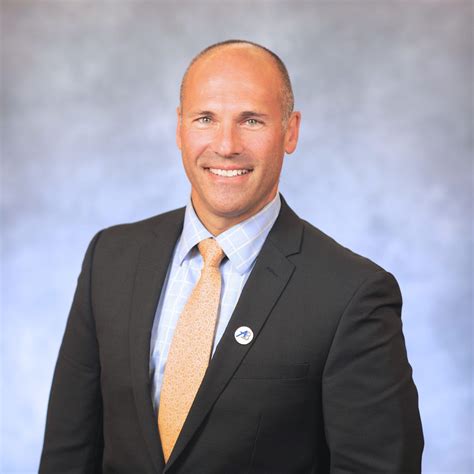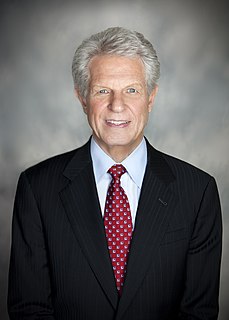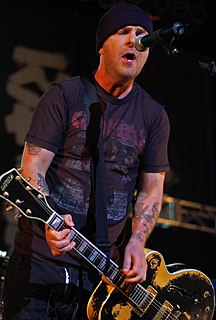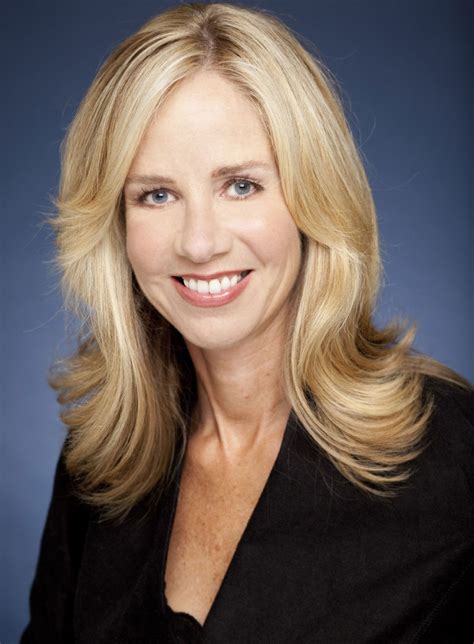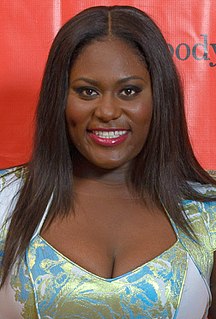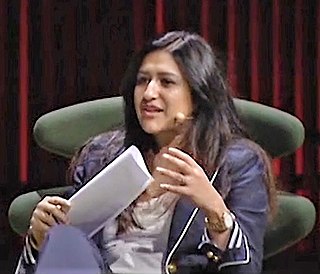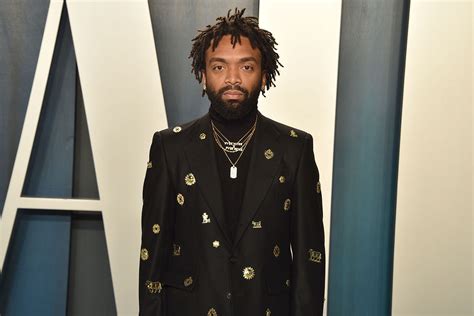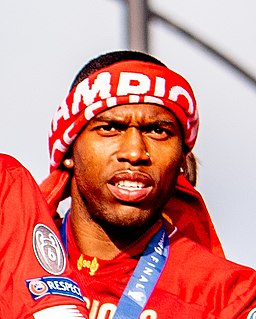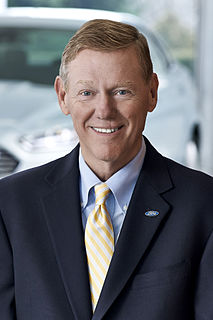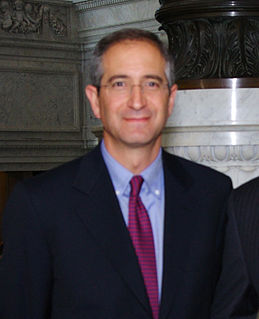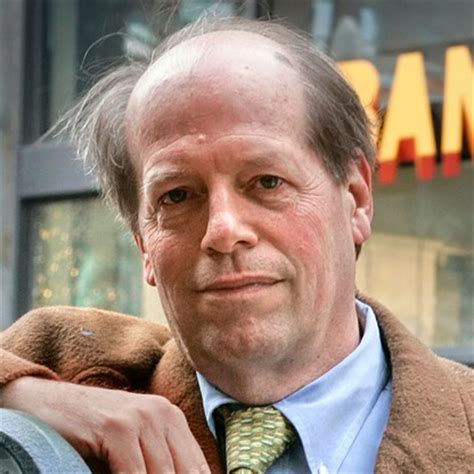Top 754 Brands Quotes & Sayings
Explore popular Brands quotes.
Last updated on April 14, 2025.
I am expecting that consumers are going to continue and exert power and influence. The idea of radical transparency is something that few brands are taking advantage of now, and most brands fight it. I’d say that in 10 years the best brands won’t be those with the best stories, sort of made up fictional stories, but those that will give an accurate and real time picture of what they are doing in the interest of the consumer, in any given time.
We'll continue to see more and more brands integrate social causes, charitable components and environmental issues as underlying themes to their campaigns and messaging. Humans connect with humans after all, and brands are using this as a point of connection to engage with their audience, especially charity-minded Generation Y.
I see "demand creation" as a 20th-century construct that's bound up with advertising. It's an outmoded view of marketing that says, "First, we build a product or service, then we advertise it into people's lives." Embedded this view is the belief that companies control brands. This is a myth. My message all along has been that brands are actually created by customers, not companies. Companies only provide the raw materials - the products, messaging, behaviors - that people use these to create brands.
Most brands that are called luxury brands today are not true luxury brands. The globalization of fashion and luxury means you now find the same luxury brands in every city. The stores look the same, the products are the same. It is still a very good quality product but it is now readily available to everyone. It's a kind of mass luxury.
There was a shop in Birmingham called Autographs, where I'm from in Birmingham. My uncles and dad used to shop there. They played professionally, too. When I started, I went to Autograph, and they had brands like Rick Owens. There are loads of brands, like my go-to brands that I will go to if I want to buy jeans, like DSquared or Balmain.
All brands, whether high-ticket luxury ones such as Cartier or Rolls-Royce or 'masstige' ones with luxe-y overtones but altogether more affordable, all want to grow. Even brands that may have started in a modestly niche design and lifestyle fashion can find themselves under pressure to go global or to sell out at the top.
The biggest thing I'm seeing - and I have to be careful what I say here - is that people are tired of the old guard and the familiar brands. They're looking for more individuality and creativity, and that's coming out of this whole new wave of younger brands: Thom Browne, Michael Bastian, Robert Geller, myself.


